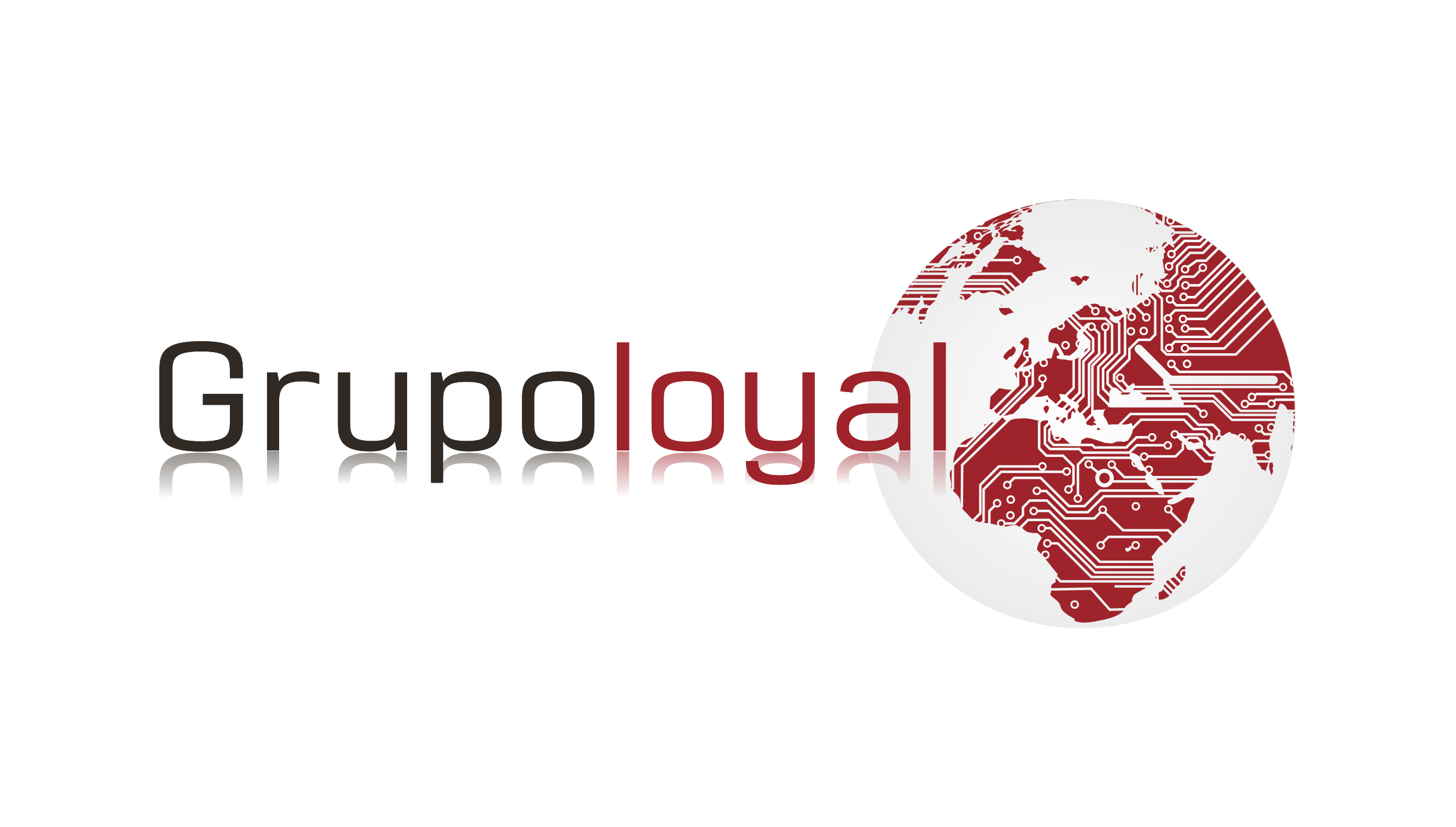
Kubernetes Operations
This class centers on developing the skills and knowledge needed for Day-1 Kubernetes operations for managing applications. Using best practices as guiding principles, students will engage in topics pertaining to the Kubernetes architecture to make informed decisions for production workloads. Topics include configuring resource availability for applications, implementing advanced scheduling for applications, and administering user roles and permissions for the Kubernetes cluster. Kubernetes Operations and System Integration teams will benefit greatly as they plan and deploy their Kubernetes production environments.

Objetivos
Managing Application Security
Releasing updates to Kubernetes workloads
Scheduling options for Kubernetes workloads
Managing Kubernetes cluster resources
Mapping ingress to an application
Enabling security in the Kubernetes Security Model
Provisioning networking within the Kubernetes cluster
Implementing multi-tenancy in a Kubernetes cluster

Cloud computing

Disponible en formato e-learning

Disponible en formato presencial

Disponible en formato a distancia

Descargar la información del curso

Subvención disponible
A través de Fundae, cumpliendo requisitos.

Duración
10 horas
- Dificultad 50%
- Nivel alcanzado 80%

Dirigido a
This course is targeted at students with the following:
Motivations: Perform core ‘day-1’ operational tasks on Kubernetes
Roles: Infrastructure and Integration engineers tasked with day-to-day application workload management; IT professionals looking to expand skills in Kubernetes administration

Conocimientos requeridos
Familiarity with the Bash shell
Filesystem navigation and manipulation
Command line text editors like vim or nano
Common tooling like curl, wget and ping
Familiarity with YAML and JSON notation
Basic familiarity with common software development patterns and tools like version control, testing, continuous integration and logging.
Pre-requisitos:
CN120 - Kubernetes Application Essentials
Temario
nan

Comentarios recientes